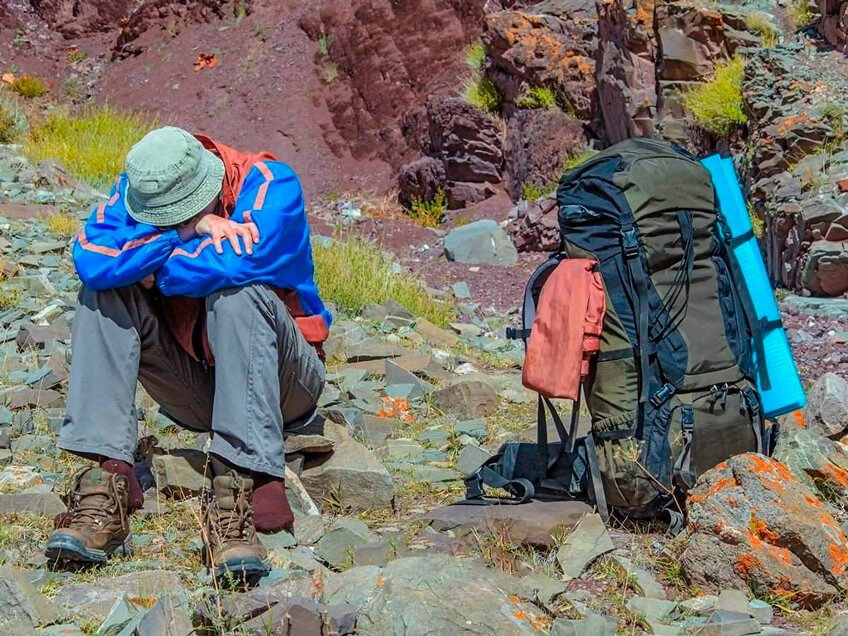How to Prepare for Altitude: Tips for Traveling to Cusco and the Andes

Traveling to Cusco and the Andes is an unforgettable experience, but altitude can surprise even the most seasoned travelers. At over 3,400 meters (11,000 feet) above sea level, it’s common to feel some symptoms of altitude sickness if you’re not prepared. Here are the best tips to avoid discomfort and make the most of your adventure.
1. What is altitude sickness and why does it happen?
Altitude sickness, also known as soroche, occurs when your body struggles to adapt to the lower oxygen levels at higher altitudes. Common symptoms include headaches, nausea, fatigue, and shortness of breath. While not everyone is affected the same way, being informed and prepared makes all the difference.
2. Arrive prepared
Before your trip:
- Consult your doctor: If you have pre-existing medical conditions, a check-up is essential.
- Pre-acclimatize: Spend a few days in a lower-altitude city, like Lima or Arequipa, before heading to Cusco.
- Bring preventive medication: Medications like acetazolamide (Diamox) can help reduce symptoms. Always consult your doctor before taking any medication.
3. Take it easy on your first day
Once you arrive in Cusco:
- Avoid intense physical activities: Walk slowly and rest to help your body adapt.
- Stay hydrated: Drinking water is key to preventing dehydration, which can worsen altitude sickness.
- Try coca tea: This traditional drink is known for alleviating the effects of soroche. You can find it in many cafés and hostels, including Pariwana Hostels Cusco.
4. Eat wisely
Food can affect how you feel at higher altitudes.
- Keep meals light: Choose foods that are easy to digest, especially during your first 24 hours.
- Skip the alcohol: While tempting, alcohol can dehydrate you and worsen symptoms.
- Explore local cuisine: Dishes like quinoa soup or chicken broth are perfect for staying nourished without feeling too heavy.
5. Listen to your body
If you start feeling unwell:
- Rest: Your body needs time to adapt.
- Use supplemental oxygen: Many hotels and hostels, like Pariwana Hostels, provide oxygen tanks for emergencies.
- Seek medical attention: If symptoms persist, consult a doctor.
6. What to pack for Cusco
Pack smart:
- Basic medications: Pain relievers, anti-nausea tablets, and acetazolamide if needed.
- Warm clothing: Nights in Cusco can get cold, even if the days are warm.
- Sunscreen: UV rays are stronger at higher altitudes, so protect your skin and eyes with sunscreen and sunglasses.
7. Benefits of staying at Pariwana Hostels
Staying in a place that understands travelers’ needs makes all the difference. At Pariwana Hostels Cusco, you’ll find:
- Common areas to relax.
- Coca tea available for guests.
- Staff trained to assist in case of altitude sickness.
8. Recommended activities in Cusco
- City tour: Explore Plaza de Armas and its surroundings at a relaxed pace.
- Local markets: Visit San Pedro Market to sample fresh products and learn about the local culture.
- Sacsayhuamán: A light walk to this impressive fortress can help with acclimatization.
Conclusion
Traveling to Cusco and the Andes is a unique experience, but it requires preparation. Follow these tips to avoid altitude sickness and ensure you make the most of your adventure. The stunning Andes await you!



